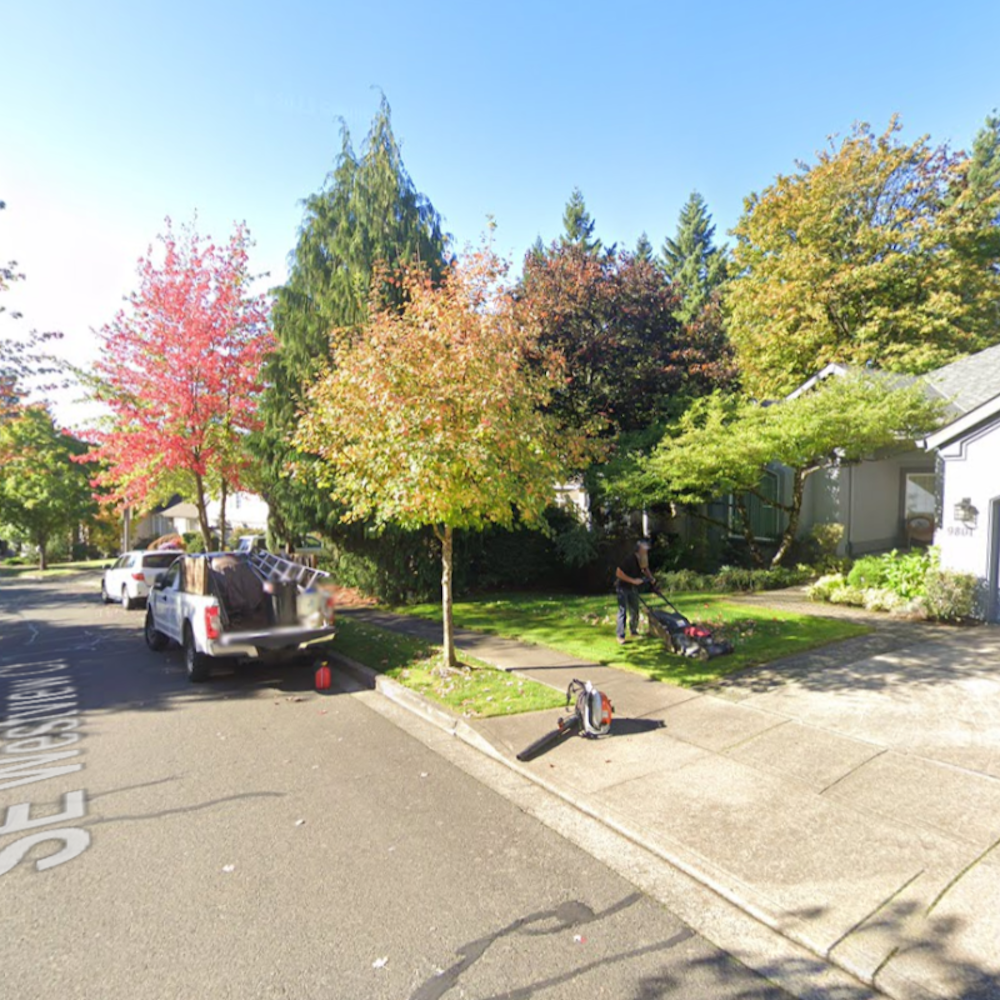
In an effort to combat the ongoing housing crisis and provide essential infrastructure, the City of Oakland has been awarded a substantial sum of $40,769,344 in grant funding from the State of California's Infill Infrastructure Grant Catalytic (IIGC) program. As reported by Oakland's official website, Oakland is one of seven California cities to receive this significant award in support of the development of affordable housing.
📢NEWS RELEASE: Oakland awarded $40.7 million in Infill Infrastructure Grant Catalytic Funding from the State of California🏠https://t.co/H9wbRrPucA
— City of Oakland (@Oakland) September 11, 2023
Contributing to the construction of 673 housing units, the funding will benefit residents who earn between 20% and 80% of the area's median income. In addition to addressing the shortage of affordable housing, the funds will also be allocated towards essential predevelopment and infrastructure activities. These include vegetation clearing and erosion control, an update and realignment of existing utility lines, roadway enhancements, and capital improvements through stormwater management, landscaping, and environmental mitigation and remediation efforts.
The positive impact of this funding will extend beyond the realm of housing, creating greener, more walkable communities and enabling residents to live closer to essential amenities and workplaces. Mayor Sheng Thao expressed gratitude to the State for the grant and commended the hardworking Oakland Housing & Community Development team that successfully procured the funds. Mayor Thao also emphasized the importance of creating more affordable housing as part of a strategy to address homelessness, further stating that her budget features the largest investment in affordable housing in Oakland's history.
Oakland's IIGC grant will support several affordable housing projects throughout the city, including Lake Merritt BART Senior Housing, 285 12th Street, 121 E. 12th Street, Liberation Park Market Hall Cultural Hub and Residences, West Oakland BART Transit-Oriented Development, Villa Oakland, and Villa Fruitvale. Each project will receive funding for the development of a considerable number of residential units.
Craig Shields, Chief of Climate Investments Branch at the State of California’s Housing and Community Development Department, commended the City of Oakland for its comprehensive application and commitment to affordable housing. He noted that Oakland's achievement of Prohousing status and the establishment of city ordinances have played essential roles in enabling the development of housing resources.
Councilmember Kevin Jenkins, who is also an Oakland resident, discussed how housing and infrastructure pose significant challenges, particularly for vulnerable communities. Jenkins expressed optimism for the potential improvements made possible by the state grant, adding that it will contribute to creating a more sustainable, inclusive, and thriving Oakland.
Similarly, Council President and District 2 Councilmember Nikki Fortunato Bas lauded the investment and noted that it will support senior and family housing essential for preventing displacement in Oakland. Bas highlighted that three of the projects receiving funding are located within District 2, in the vicinity of the Lake Merritt BART Station.
The efforts to alleviate Oakland's housing crisis have been further boosted by additional state funding secured in early 2023. The city received a $2.39 million award from the State's Prohousing Incentive Pilot Program grant, as well as a $10 million Regional Early Action Planning (REAP) grant, bringing the total funds from the State to $53 million for the year. According to Oakland's website, these grants signify the state's recognition and support for the city's aggressive development strategy towards housing affordability for very low-income households and people exiting homelessness.
With homelessness and housing affordability being top priorities for Oakland residents, the City is implementing a multi-pronged approach to address these challenges. The Housing and Community Development Department follows a "3P" framework: Protect Oaklanders from displacement, Preserve the existing affordable housing stock, and Produce new, deeply affordable housing units. Meanwhile, the Human Services Department works to provide transitional housing and supportive services to unsheltered residents. To meet the state requirements and accommodate over 26,000 new units of housing in the next eight years, the Planning and Building Department is also updating the City's Housing Element in collaboration with other departments.









